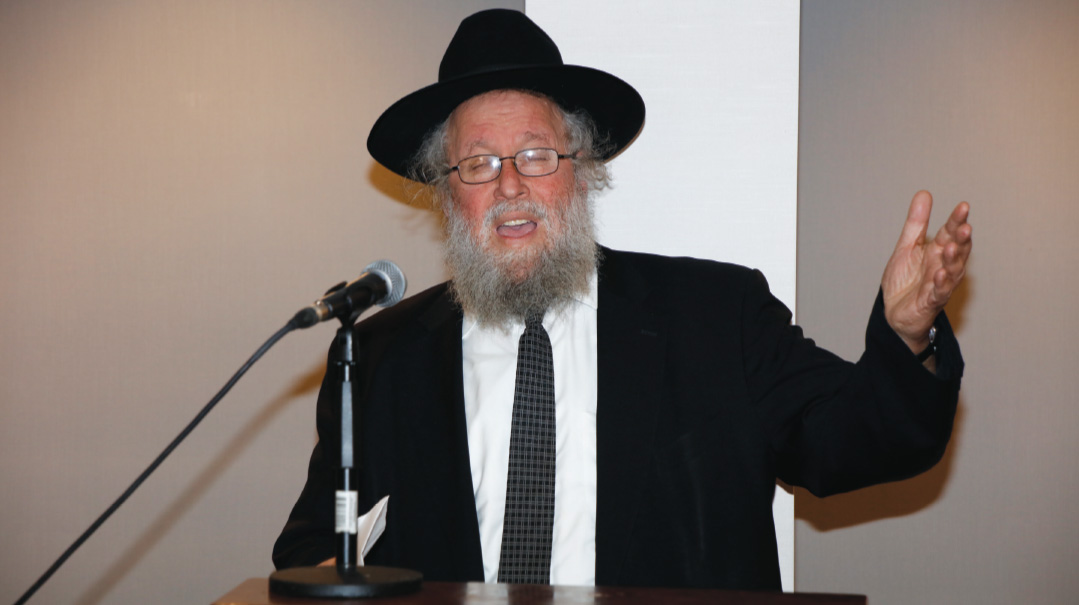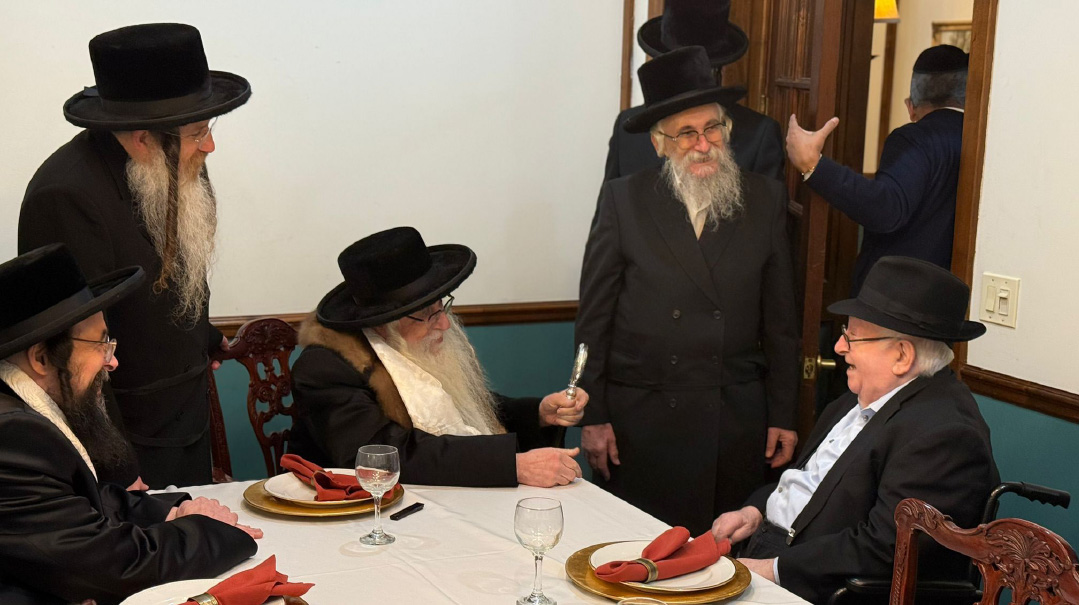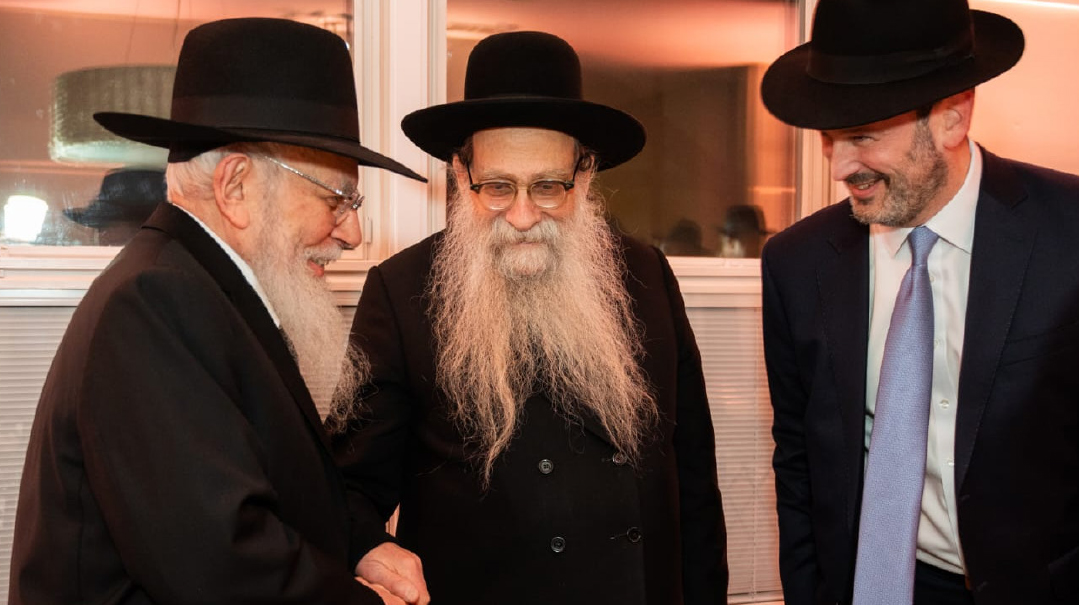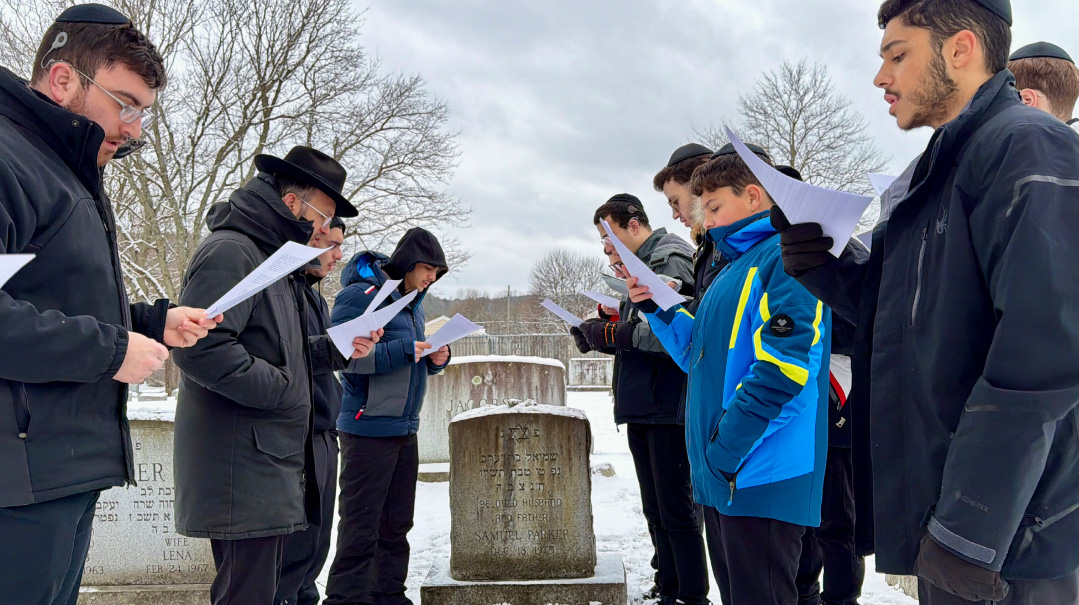Living Higher: Issue 939
| December 6, 2022“If he decided to switch to English, he must have had a good reason”

Photos: Agudath Israel, Moshe Gershbaum, Moshe Bitton
ATone of the Shabbos meals at this year’s Agudah convention, Rabbi Shlomo Soroka, the director of government affairs at the Agudah of Illinois, introduced his rebbi, Rav Elya Brudny shlita, with a story. He had been a talmid in Rav Brudny’s shiur in Brooklyn’s Mirrer Yeshivah, and as typical in many yeshivos, the high-level shiur was given in Yiddish. However, one day Rav Brudny suddenly switched the language of the shiur to English — a move that was met with surprise and even protest from some of the talmidim.
The next day, some bochurim organized an official letter asking the Rosh Yeshivah to resume giving the shiur in Yiddish. When the letter reached a young Shlomo Soroka’s shtender for his signature, he was aghast.
“Rebbi didn’t forget how to speak Yiddish,” he reprimanded the bochurim. “If he decided to switch to English, he must have had a good reason.”
Rabbi Soroka then explained to the convention crowd that in fact, there was a bochur who had been struggling to keep up with the shiur precisely because it was delivered in Yiddish. When Rav Brudny found out, he called over the bochur and told him that he would switch the shiur to English
“Yiddish by me is a hiddur mitzvah,” he explained, “but it’s not l’ikuva. If a talmid will only be able to grasp the shiur if it’s in English, then that will be the language in which it will be delivered.”
“I know this story,” Rabbi Soroka said, “because I was that bochur.”
And on that note he introduced Rav Brudny, leaving the audience with a renewed appreciation for a gadol who was willing to forgo hiddur mitzvah in his shiur so that even one talmid would have more clarity.
(Originally featured in Mishpacha, Issue 939)
Oops! We could not locate your form.







